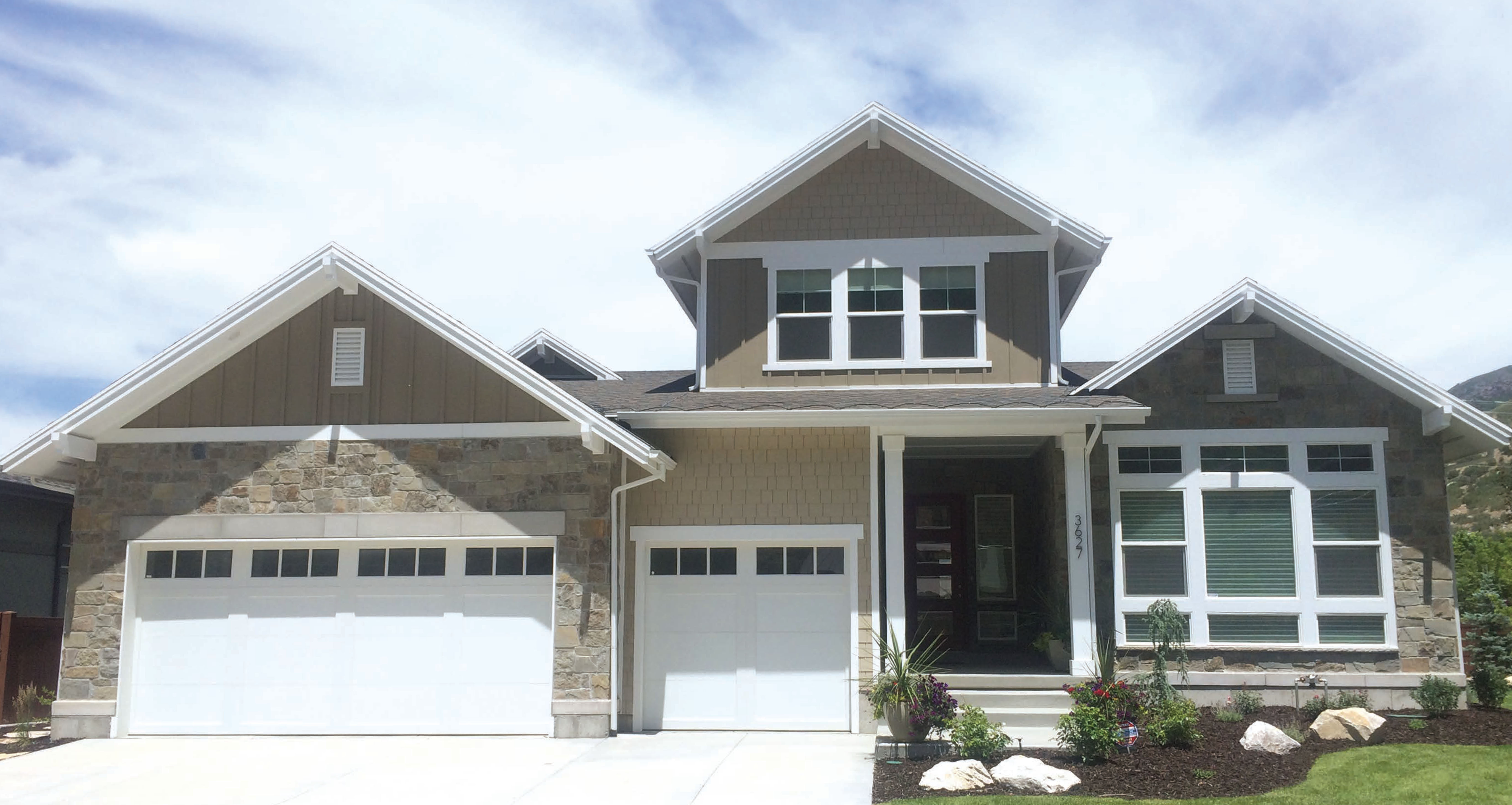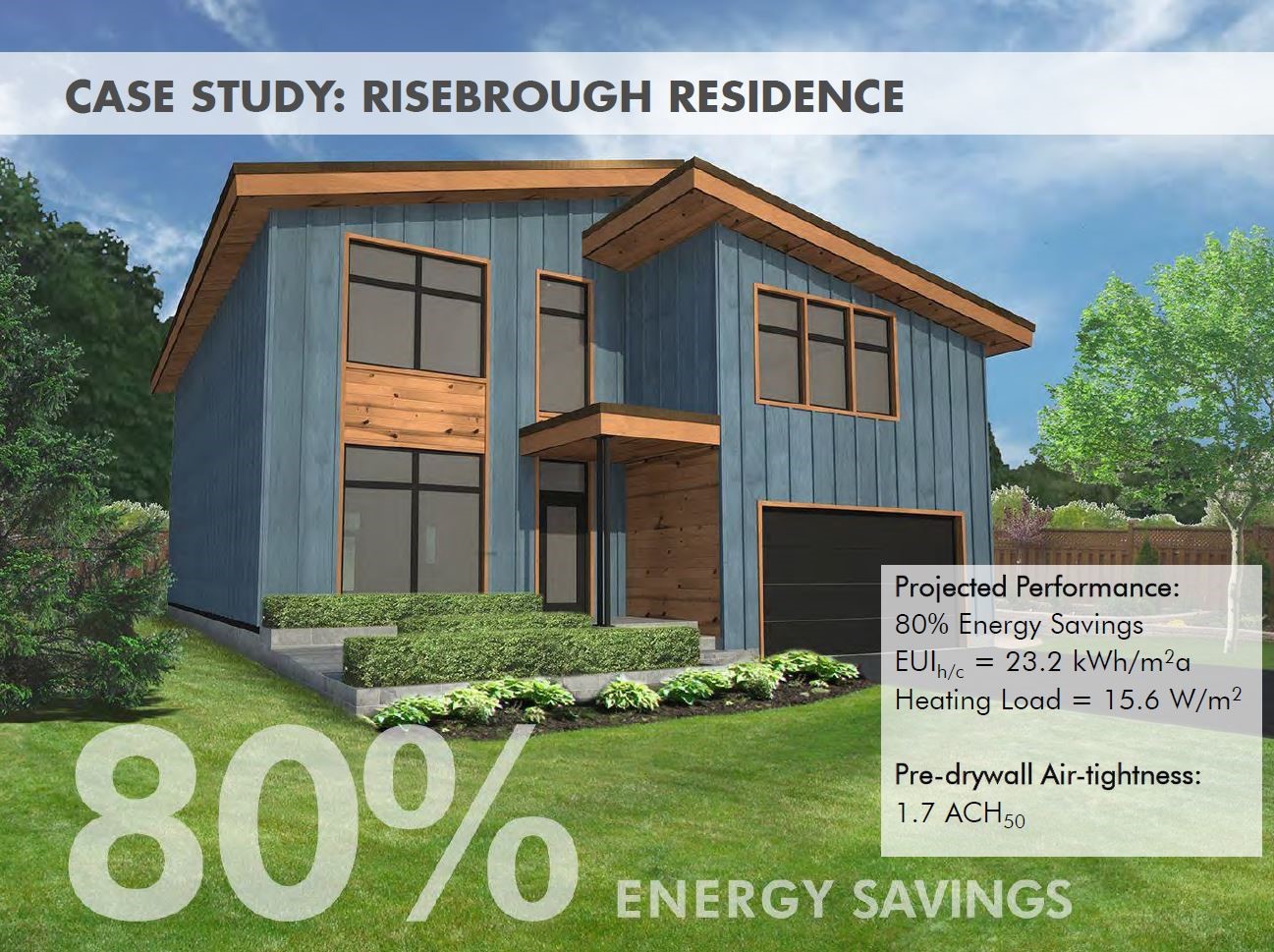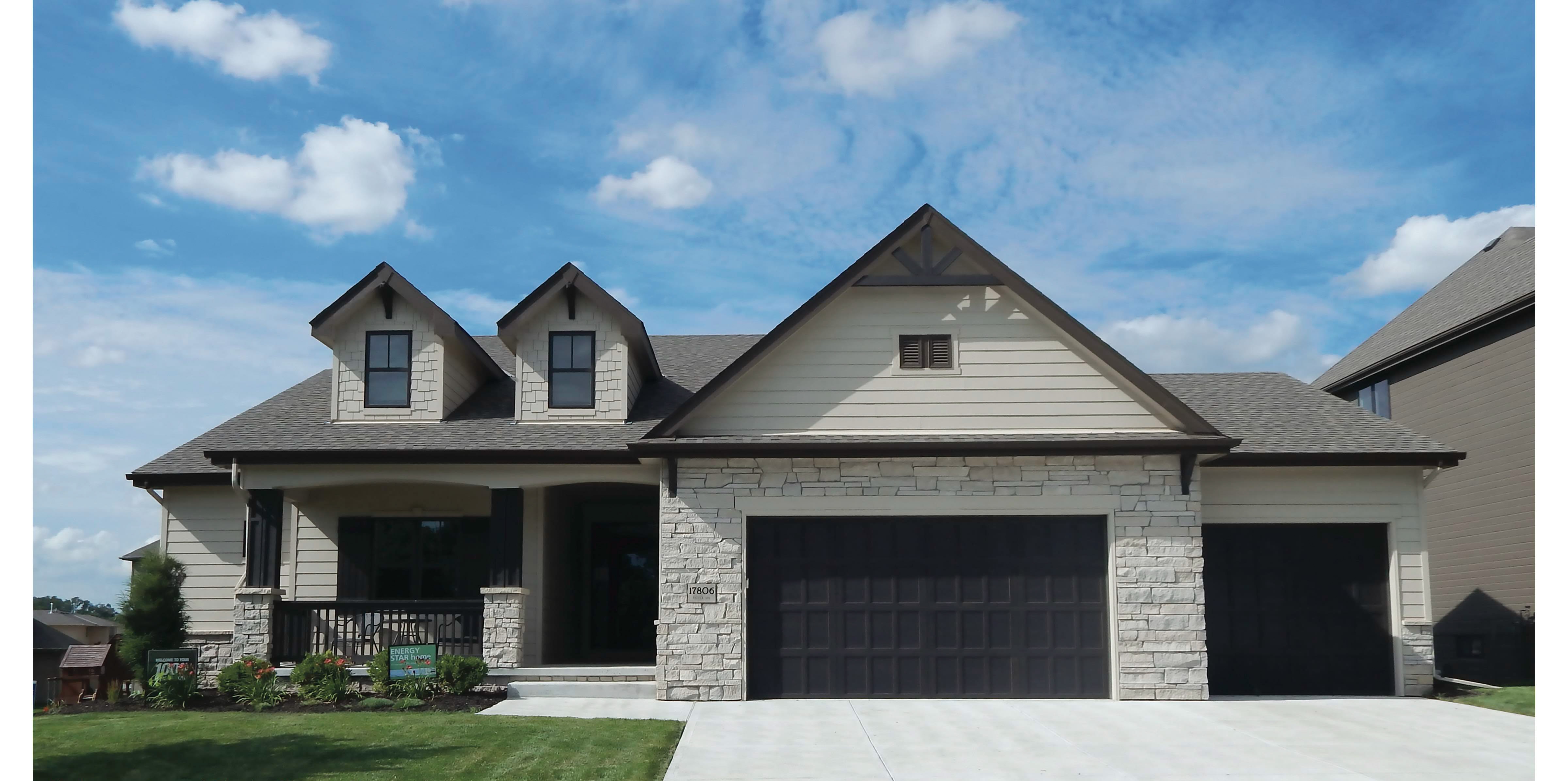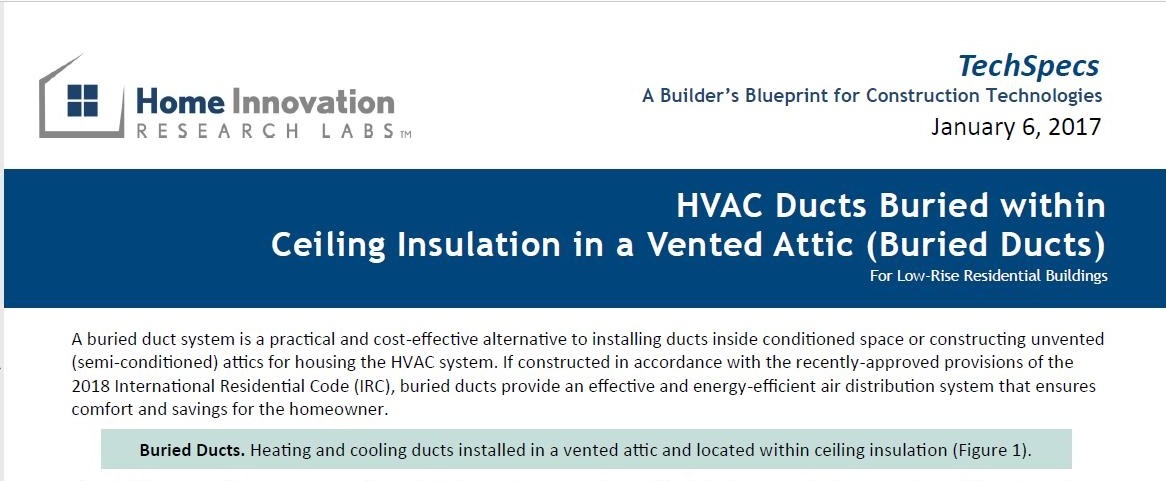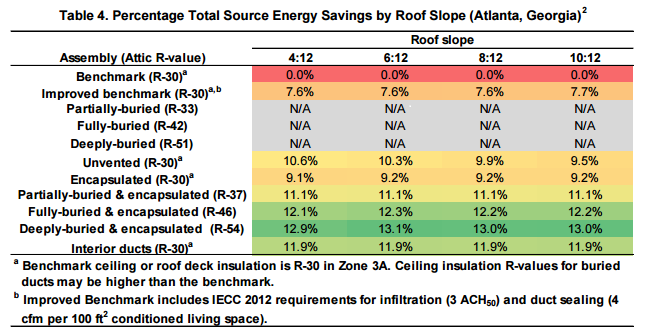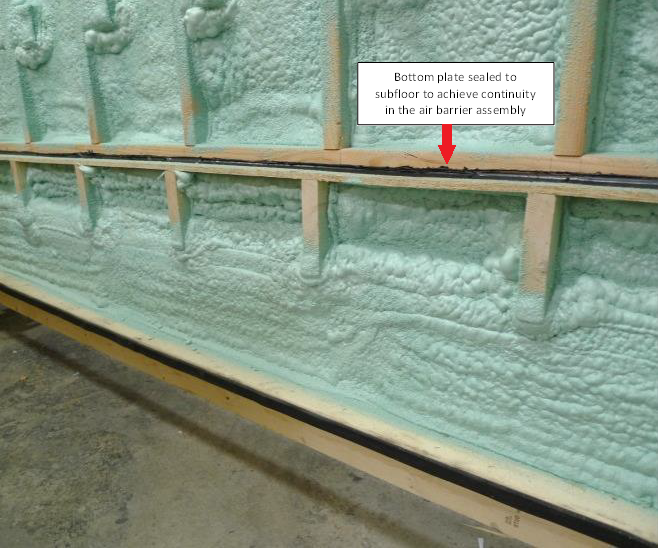Maximizing cost effectiveness is every builder’s goal and every home buyer’s expectation. Each year, an impressive group of builders is recognized by the U.S. Department of Energy (DOE) for their forward-thinking approaches to delivering Zero Energy Ready homes. The most exemplary of the annual winners achieve this extraordinary target while...
According to U.S. Department of Energy 20 percent home’s energy is wasted because the home is under insulated and improperly air sealed.[1] For builders, this can wreak havoc on productivity, resulting in call backs, jeopardizing code compliance, reducing HERS scores, and resulting in homes that are less energy efficient and comfortable for...
Custom home buyers have very discriminating requirements when it comes to designing and constructing their homes. Increasingly, those needs incorporate the desire to be sustainable and energy efficient. When sustainable architectural firm SUSTAINABLE.TO Architecture + Building and Greenbillt Homes, a leading Canadian custom home builder teamed up...
Profile of a Top One Percent Builder
Since 2013 the U.S. Department of Energy's (DOE) Housing Innovation Awards has recognized the top builders of zero energy ready homes. Housing Innovation award winners represent the top one percent of builders across the country who meet the most rigorous specifications for high-performance homes. Among this...
A report released recently by E4 The Future, which promotes residential clean energy and sustainability, examines the body of research supporting the considerable benefits of home performance/energy efficiency measures. The report concludes that not only do energy efficiency measures, such as increased insulation and air sealing, improved heating,...
Back in December we wrote about a change in the 2018 IECC that laid out a new, prescriptive path for the use of buried ducts in standard vented attics. This practice offers the potential to save significant energy over typical vented attic designs, and can even rival the savings of an unvented attic done with ccSPF under the roof deck, at much...
When a new version of the International Energy Conservation Code (IECC) is completed there can be a good deal of lag time between publication and market impact. This is because states need to adopt the new code, a process which is measured in years, not weeks or months. However, there can be exceptions to this general rule. The 2018 IECC laid out...
Vented attics have a number of benefits, but also one well known and pesky downside: it is very hard to perfectly air seal the ceiling plane given the number of penetrations you have. This results in energy losses but also, often times, pulling less hygienic air from the attic into the home itself. LG Squared, a firm out of Atlanta offering...
Addison Homes, a green builder in Greenville, South Carolina, certainly didn’t set out to cause trade partners to grumble, murmur or gripe. They set out to build DOE certified Zero Energy Ready Homes (ZERH) to provide their customers with the energy savings, comfort and indoor air quality such homes deliver. To do that, Addison Homes had to get...
In the 1963 film “The Great Escape”, we were rooting for McQueen, Bronson, Attenborough and crew to safely escape the Nazi prison camp. When it comes to air fleeing our homes, our hope is exactly the opposite. Codes and customers are pushing for more energy efficient homes, and that means tighter envelopes. Tighter homes have significant impacts...

